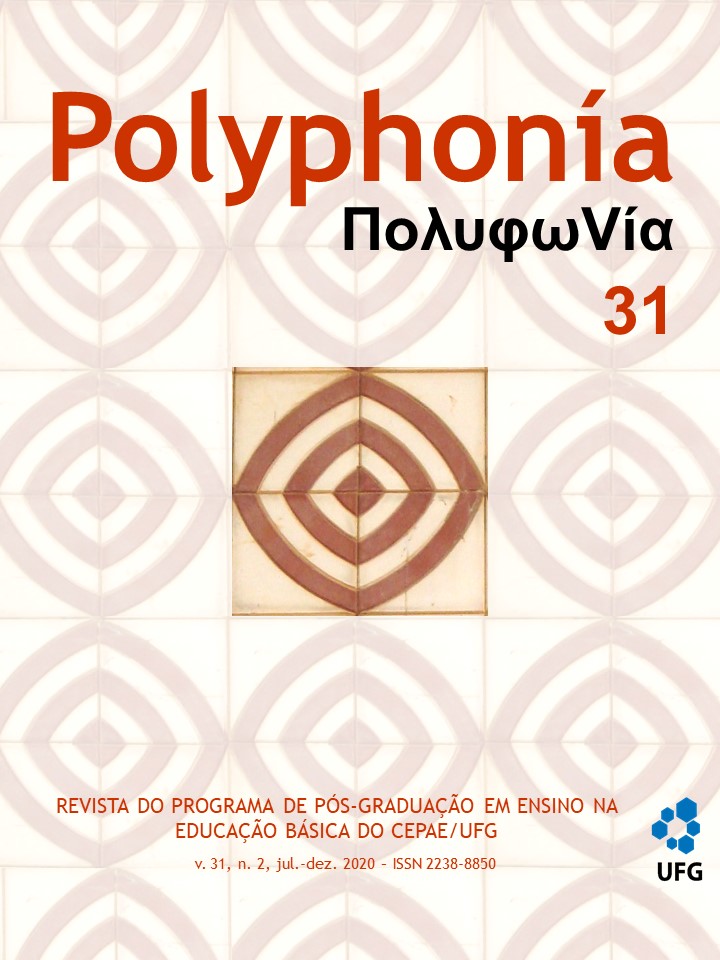Entre o escrito e o lido, o vivido: o computador como ponte para participação social
DOI:
https://doi.org/10.5216/rp.v31i2.67104Abstract
This paper examined the role of schools in recognizing their students as digital natives susceptible to the influence of technical-semiotical tools on their psychological development. The aims were to analyze possibilities of computer use as a pedagogical tool, reflecting on the repercussions of this instrument for the teaching and student activity, focusing on a situation of pedagogical practice. The data was constructed by a participative and observational study at a public Brazilian primary school. The activity analyzed was a reading unit about a contemporary social fact, based on a collaborative research made by the students, which resulted in a collective text. In this activity, the students were able to place themselves as active subjects of an events of their historical-cultural context, a fact that brought new elements to their cultural development by mobilizing social aspects and technological resources. The analysis of the child cultural development from the Historical-Cultural Psychology allowed to verify significant use of digital networks by children, related to leisure and communication, also observing the distancing from the social facts of their time. Since the use of the computer was pedagogically oriented, the students experienced other modes of operation, redesigning their possibilities of acting in the digital universe.Downloads
Download data is not yet available.
Downloads
Published
2020-12-17
How to Cite
BRANCO COSTA, Maria Carolina; HORTA NOGUEIRA, Ana Lucia. Entre o escrito e o lido, o vivido: o computador como ponte para participação social. Revista Polyphonía, Goiânia, v. 31, n. 2, p. 194–206, 2020. DOI: 10.5216/rp.v31i2.67104. Disponível em: https://revistas.ufg.br/sv/article/view/67104. Acesso em: 3 mar. 2026.
Issue
Section
Dossiê Tecnologias Digitais na Educação Básica
License
Política de direitos autorais (acesso livre). Autores que publicam nesta revista concordam com os seguintes termos: Autores mantém os direitos autorais e concedem à Revista Polyphonía o direito de primeira publicação, com o trabalho simultaneamente licenciado sob a Creative Commons Attribution License que permitindo o compartilhamento do trabalho com reconhecimento da autoria do trabalho e publicação inicial nesta revista.
Autores têm autorização para assumir contratos adicionais separadamente, para distribuição não-exclusiva da versão do trabalho publicada nesta revista (ex.: publicar em repositório institucional ou como capítulo de livro), com reconhecimento de autoria e publicação inicial nesta revista.
Autores têm permissão e são estimulados a publicar e distribuir seu trabalho online (ex.: em repositórios institucionais ou na sua página pessoal) a qualquer ponto antes ou durante o processo editorial, já que isso pode gerar alterações produtivas, bem como aumentar o impacto e a citação do trabalho publicado (Veja O Efeito do Acesso Livre).


